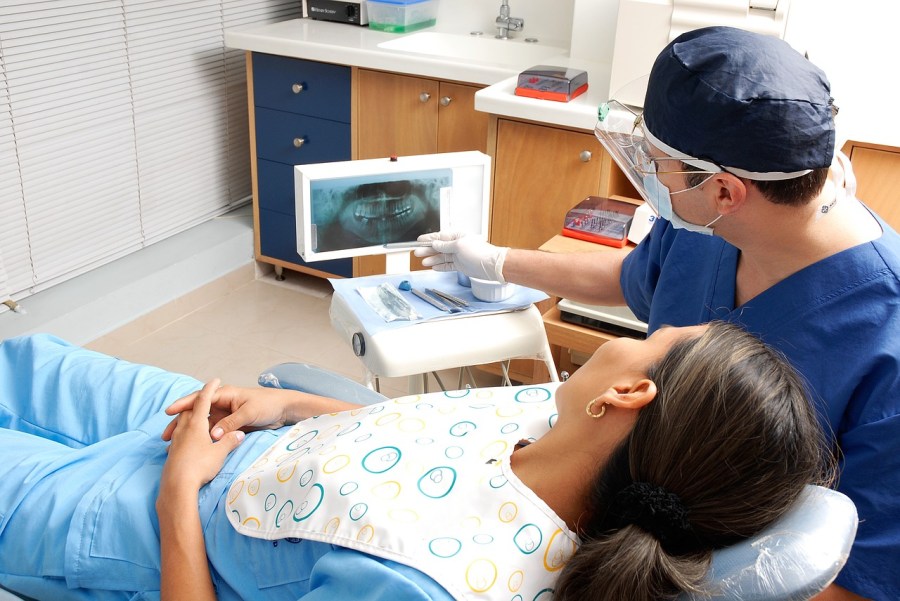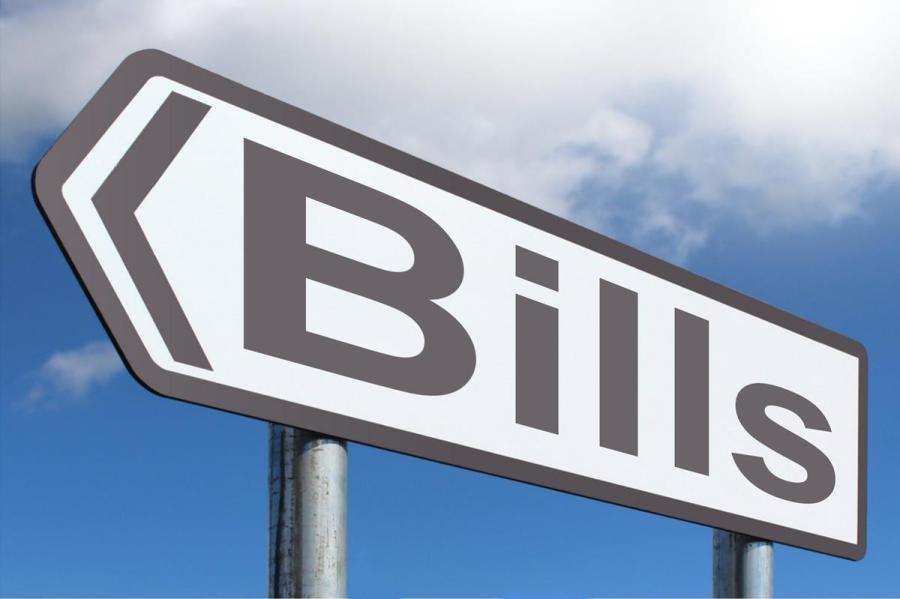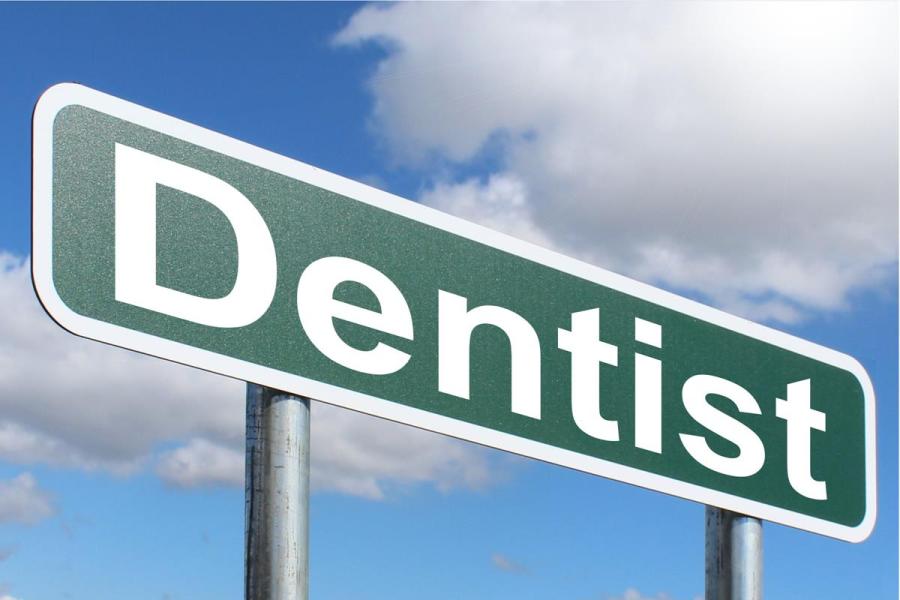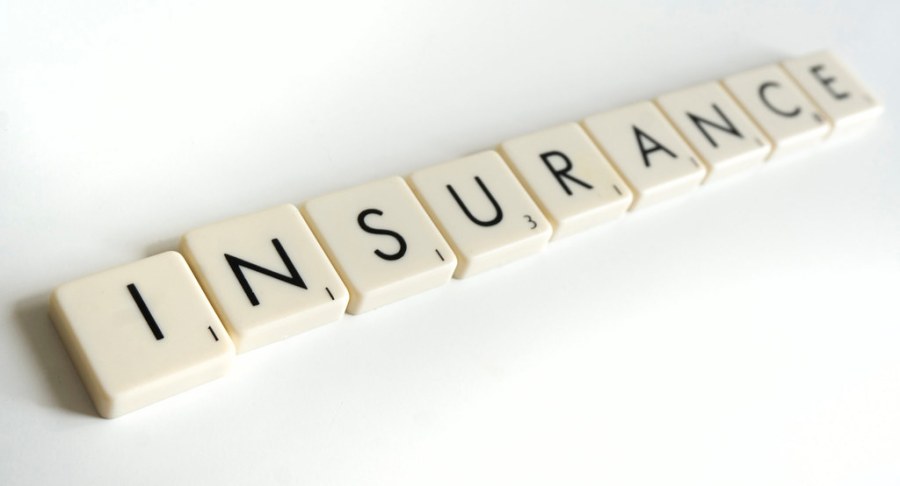
People are often excited when they receive dental insurance from their jobs. They’re excited, that is, until they realize that dental insurance is not like medical insurance. Check out these interesting facts about dental insurance.
Dental Insurance Is a Supplement, Not Full Coverage
When you get medical insurance, it generally provides a good portion of the coverage. With dental insurance, it’s usually a supplement to the amount of money you’re paying out of pocket.

Many Routine Dental Procedures Are Not Covered by Insurance
From deep cleaning to small fillings, many dental procedures that you’d think would be covered by dental insurance are often not. Check with your insurance company before you book appointments so that it’s clear what you’ll be responsible for. Senior dental plans may differ, so check with your plan.

Understand Your “Alternate Benefits”
Insurers sometimes down-code a procedure you get from your dentist so that they only have to cover a portion of it, as stated by Dentistry IQ. You’ll be responsible for the balance.

Dental Insurance Didn’t Exist Before 1954
Before 1954, all dental costs were paid by the individual. The first insurance plans were introduced bay California, and maximum benefits didn’t exceed $1,000. Sounds like nothing’s changed, right?

Dentists Charge the Same Fees to All Patients
You may pay more or less than the next patient, but that’s not the dentist’s fault. What you pay will depend on your specific insurance plan.

“Preferred Provider” Isn’t Always the Best
When an insurer recommends a “preferred provider,” what they’re most likely recommending is a provider that costs less money than other ones. It doesn’t mean they’re better dentists.

Your Dentist Isn’t Required to Submit Your Insurance Forms
If you come across a dentist who doesn’t take insurance, it simply means that you’ll have to pay out of pocket for the procedure and submit your insurance forms yourself. Your dental office will give you a receipt.

You Can (Probably) Choose the Dentist You Want
Even if your PPO or HMO offers a list of preferred providers, you can most likely go to the dentist you want, even if the dentist is not on that list. Keep in mind that you may end up paying more.

80 to 100 Percent Coverage Is Not Always Accurate
Even though insurers frequently state that they pay 80 percent to 100 percent of fees, that’s not always true. How much coverage your employer pays determines how much the insurer pays.

“Above Usual and Customary Fees” Doesn’t Mean What You Think It Means
When insurers say that the amount your dentist is charging is above their customary fees, that’s not necessarily they case, as stated by Dental Products Report. It may mean that their benefits are lower than the average costs charged by dentists.





